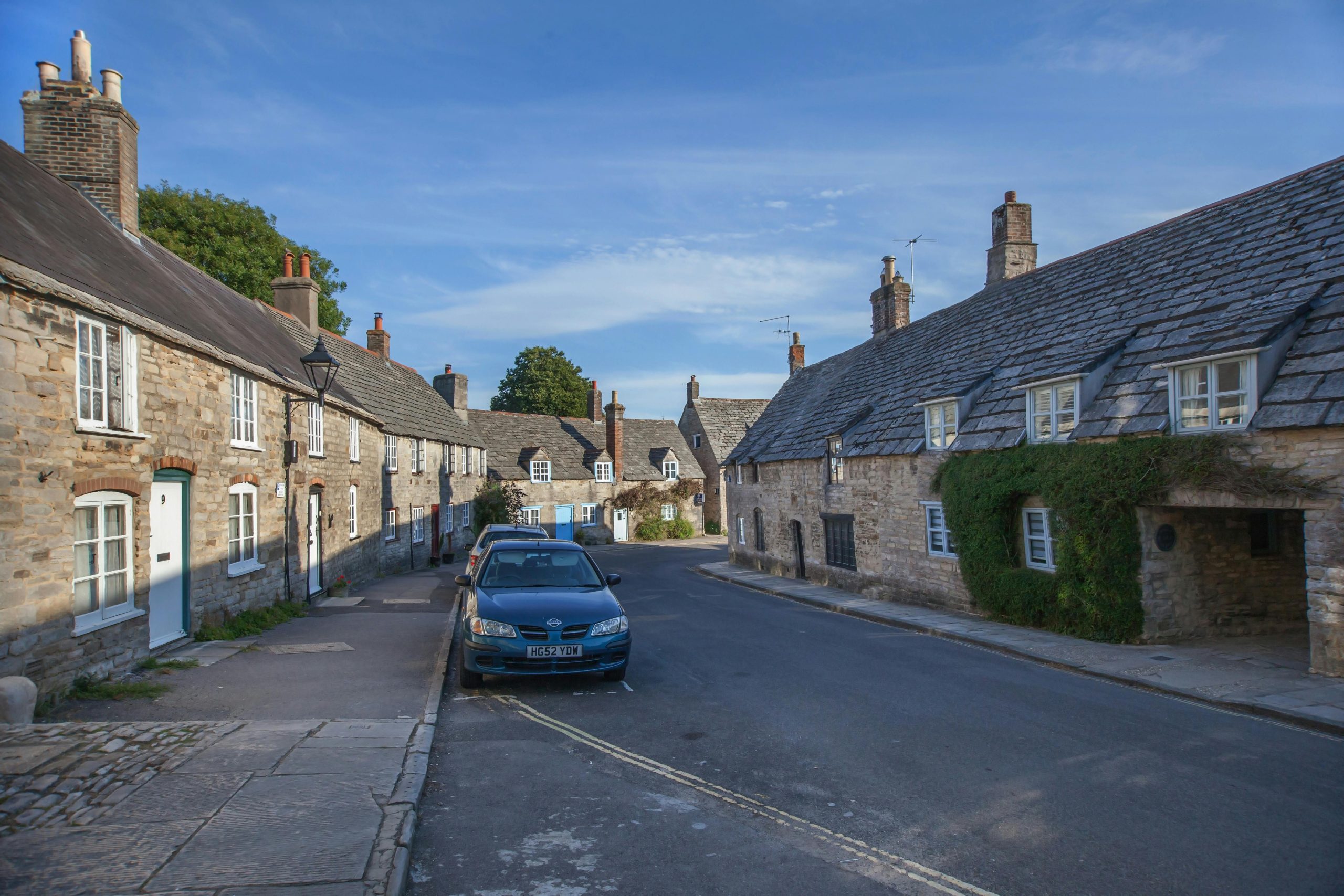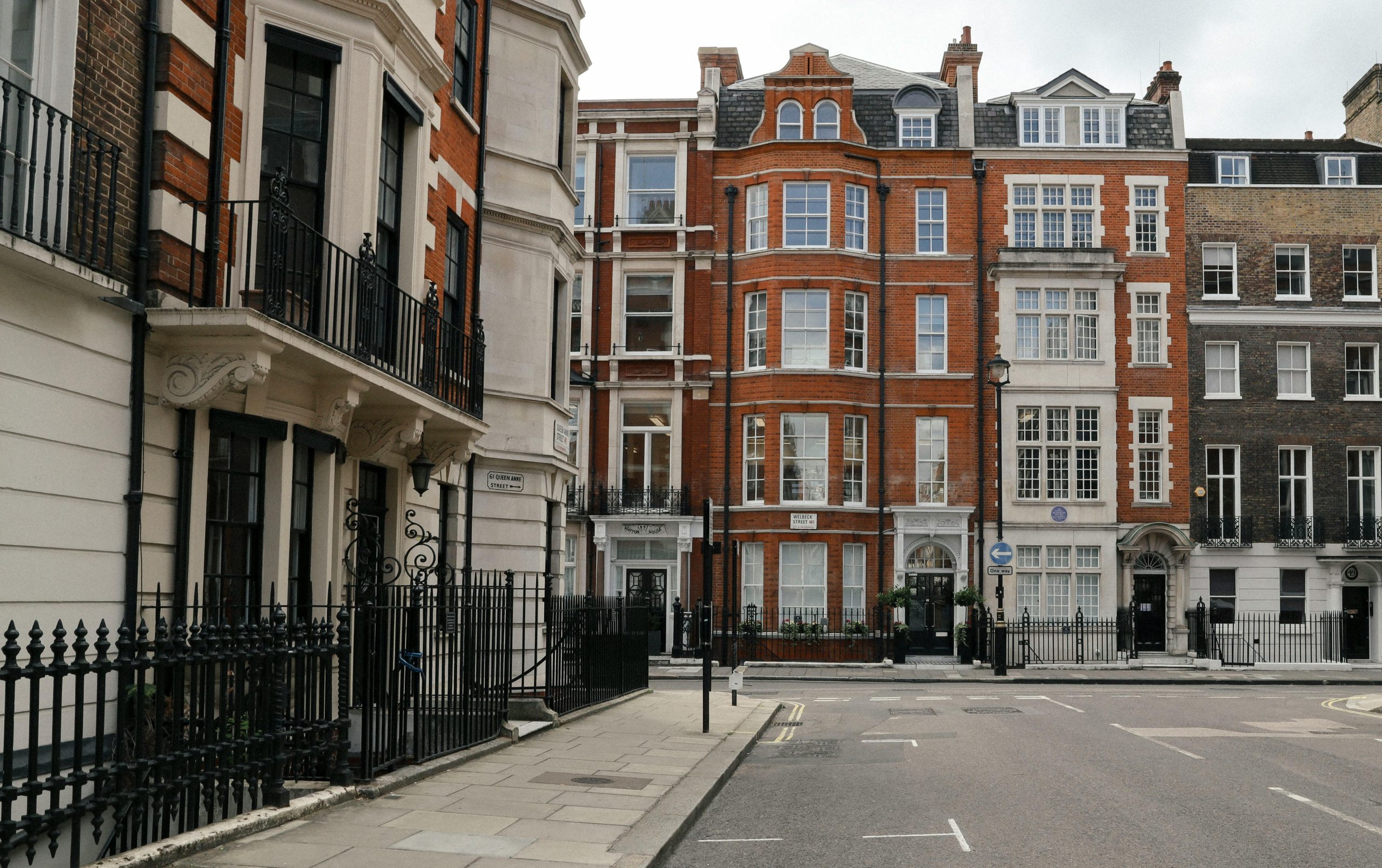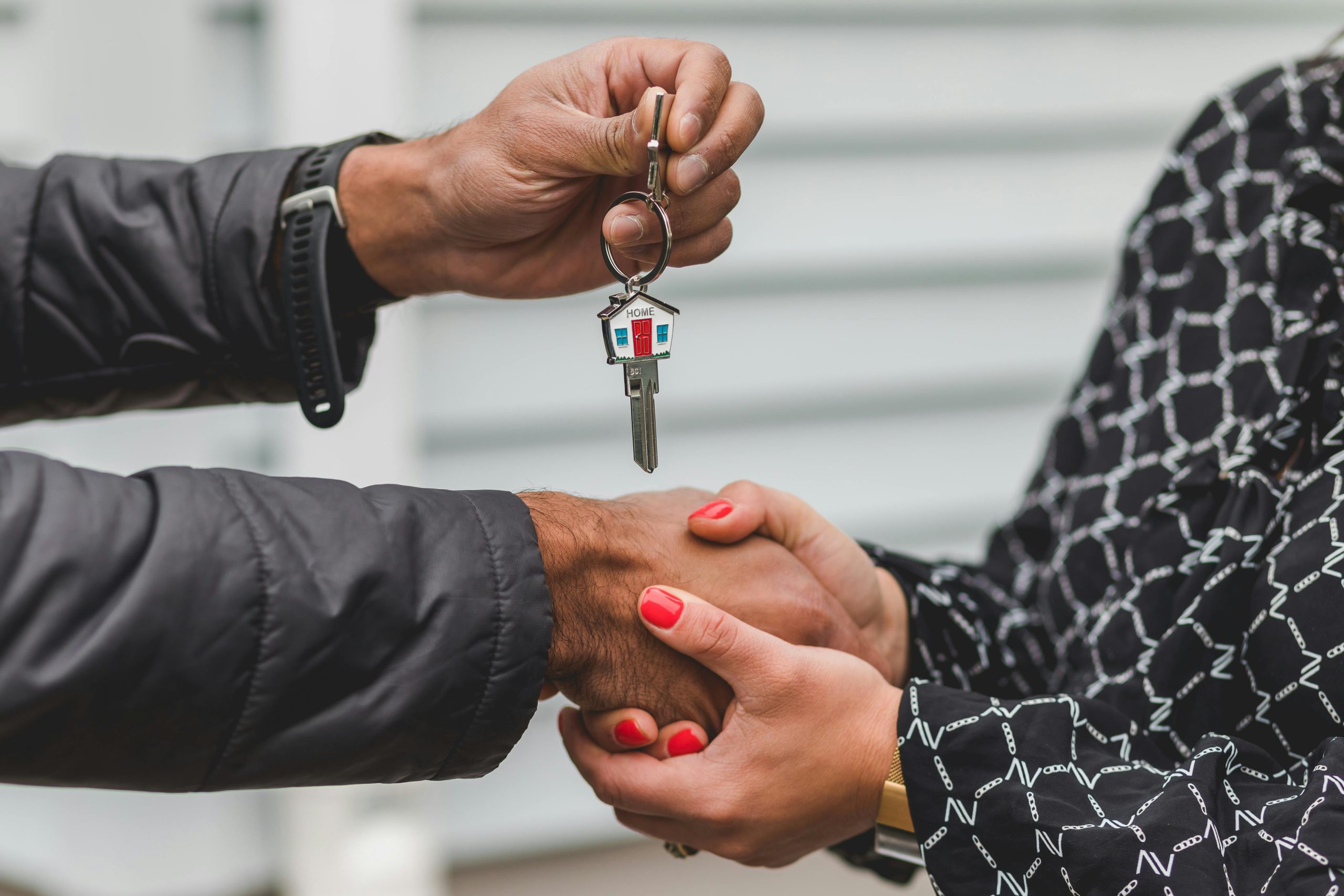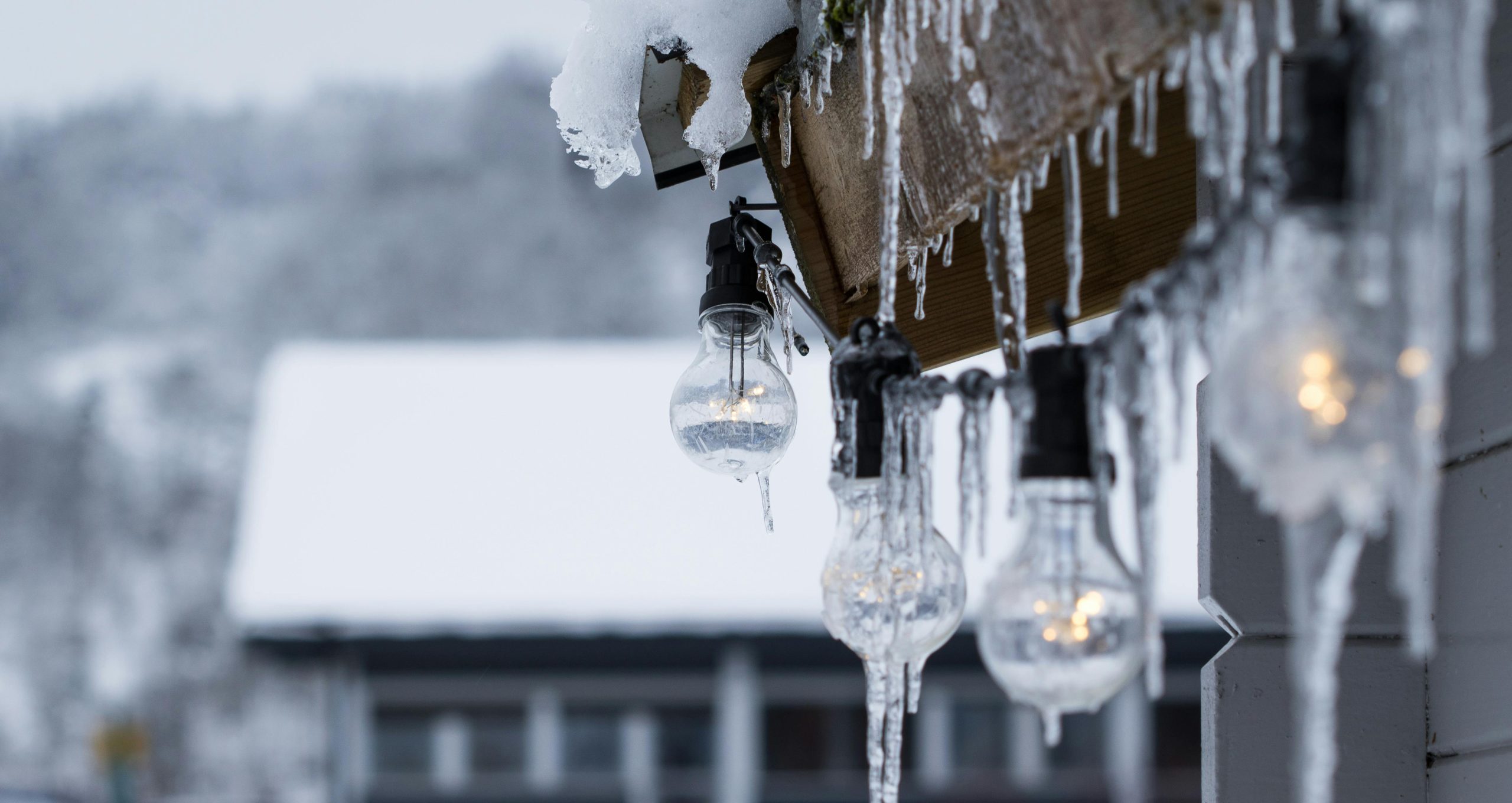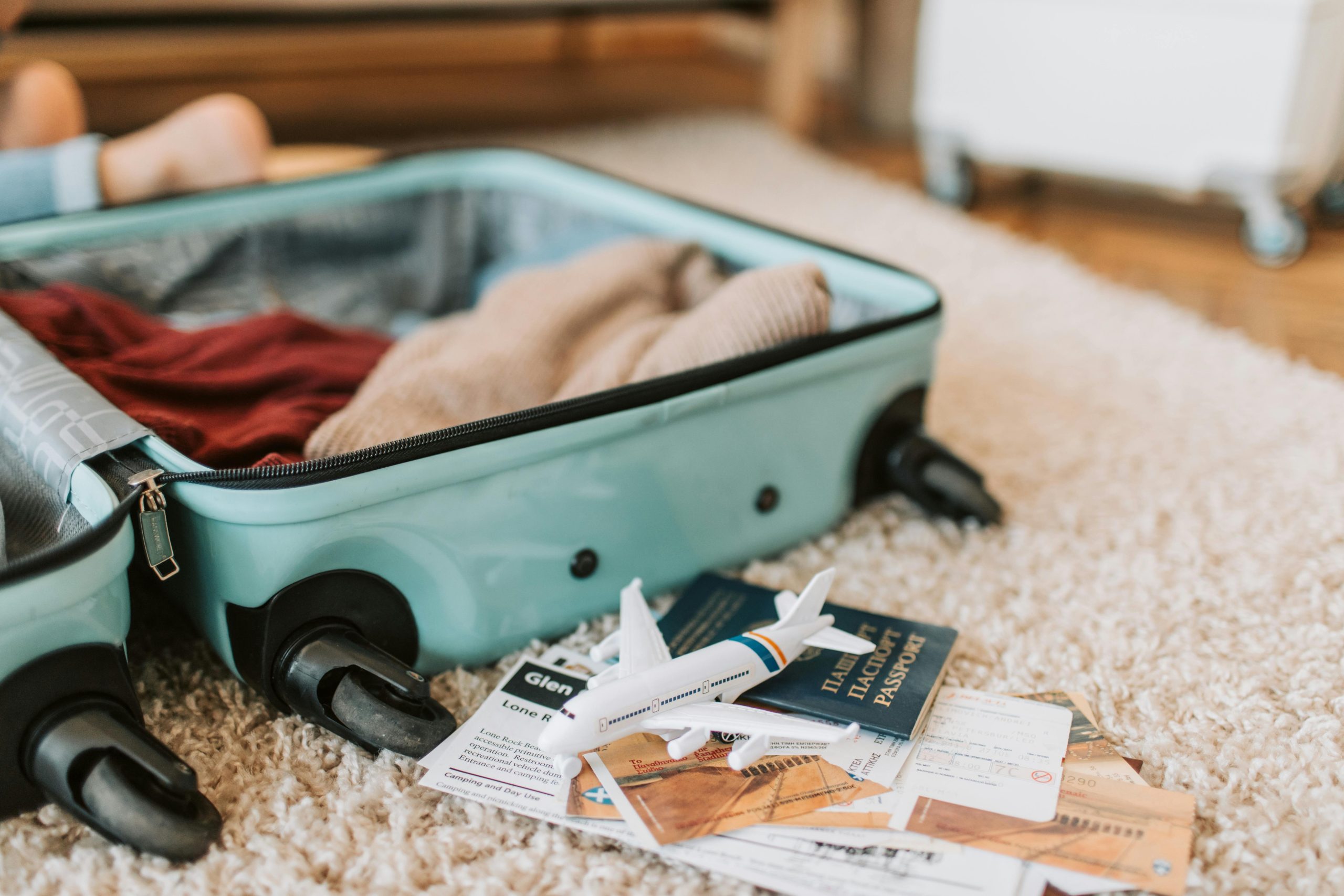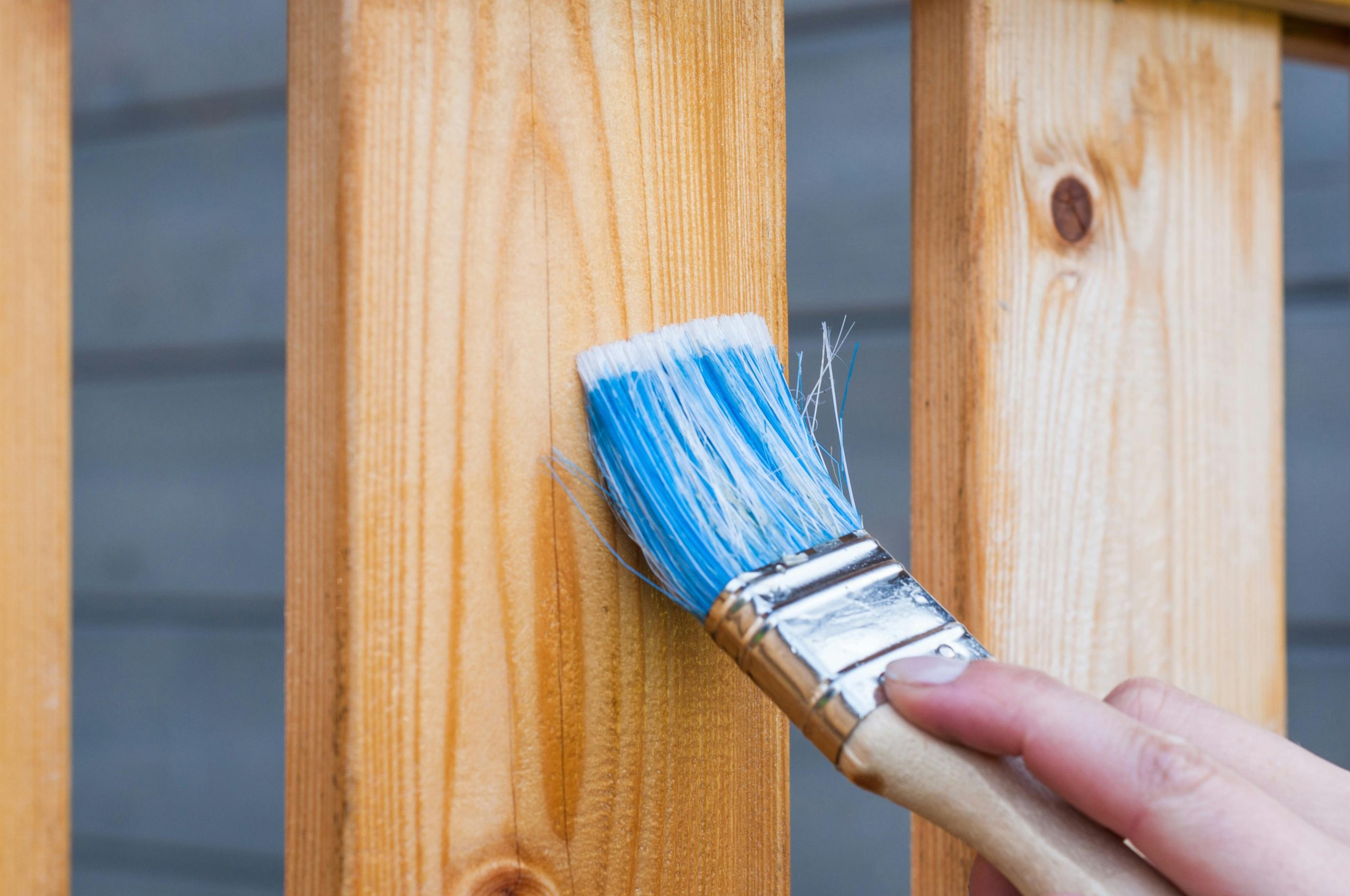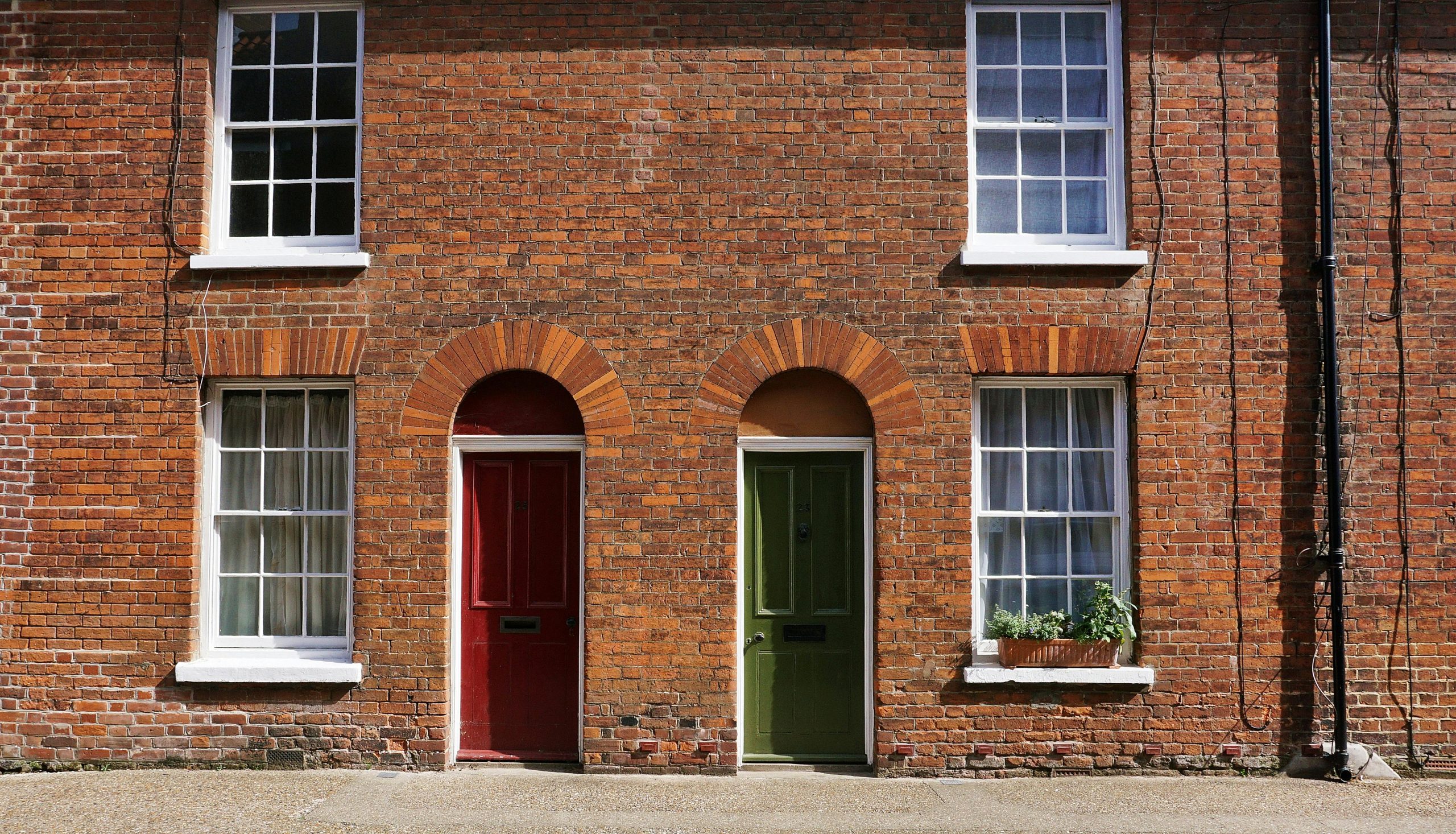This article was published on 29 April 2025. At the time of publishing, this article was true and accurate, however, over time this may have changed. Some links may no longer work. If you have any concerns about this please contact us.
Spring is the time of year that we dust off the winter blues, enjoy longer days and look forward to the return of sunshine. Traditionally spring also sees a boost to the mortgage market with potential buyers starting house hunts in earnest, or people looking to re-mortgage for home improvements. If you’re considering a house purchase this spring, here are some hints and tips to help you through the process.
Consider your budget:
Buying a home is an expensive business. It’s not just about getting a mortgage, you also need to consider the other costs associated with your move. Legal fees, surveys, stamp duty and removal costs are just a few so make sure you include these in your upfront budgeting. It’s also worth remembering the potential for rates to rise.
Get a mortgage agreement in principle:
Most lenders will offer a ‘mortgage agreement in principle’ – this confirms the amount you’ve specified to the lender which you believe you’ll need to borrow. This isn’t a guarantee to lending, as it’s subject to acceptance and completion of various checks and surveys. However, having an agreement in principle could give you an advantage when you’re putting in an offer on a property. You can research the mortgage market yourself but this can be very complex. Consider contacting a mortgage advisor who can help you find the deals you qualify for and guide you through the process.
And don’t forget… If you choose to take out a mortgage with a fixed rate, that deal will come to an end after the period specified by the mortgage provider.
Consider resale potential:
If the property you’re buying is not going to be your forever home you need to consider how easy it will be to re-sell when you’re ready to move on. If a property has been on the market for a while think about why it hasn’t sold, is it the surrounding area or the layout of the property?
Get the correct survey:
The mortgage company will request a survey of the property but this is only for lending purposes and will not give you a full view of the condition of the property. To protect yourself, you should consider obtaining either a more detailed homebuyer’s report or a full structural survey, which is the most comprehensive of the three. These reports are more expensive but they’re very detailed and any problems they identify may help you negotiate the purchase price of the property.
Arrange your home insurance:
Before you exchange contracts you need to ensure that you have suitable home insurance in place – buildings insurance is mandatory for exchange. Shop around and get as many quotes as possible but remember to balance the cost of the policy against the benefits. Some of the cheapest policies may not offer the cover you need or have high excesses in the event of a claim.
Police Mutual offer insurance to help you protect your home and belongings – to find out more and to get a quote click here.
Should you move or improve?:
If there is room for improvement, you might want to think about making changes to your current home rather than moving. Adding space can generally add value to your home. Do your research on what you might be able to add by speaking to local estate agents or looking at similar homes in the area. You may be able to fund smaller home improvements with savings but for larger projects you could consider talking to your existing mortgage provider about extending the loan or speaking to an independent mortgage adviser about a remortgage.
You can find more information on the Police Mutual Fee-Free Mortgage Advice Service here.

